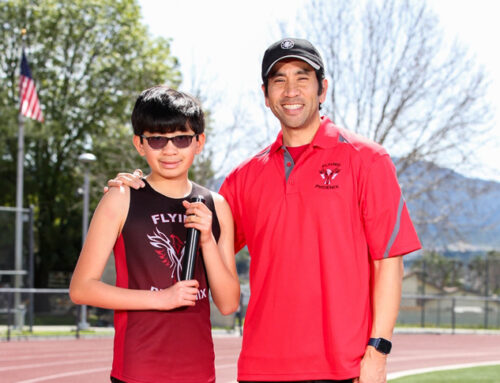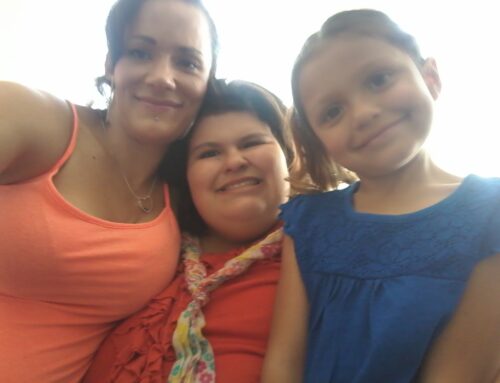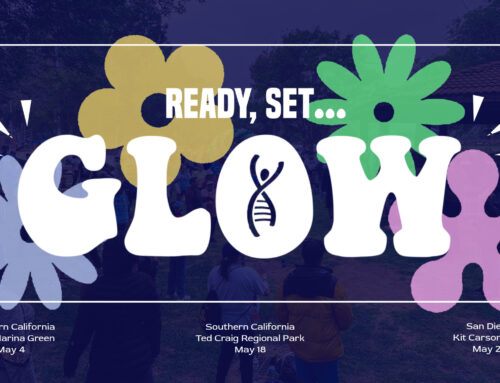PWCF is proud to announce the 3 incredibly insightful and highly respected speakers for the 2022 General Education Meeting.
Their range in topics and expertise in their fields have provided positive change in the PWS community.
We are honored to have Dr. Kate Woodcock, Dr. Suparna Jain and Dr. Diane Stafford as speakers for our conference.
Continue reading below for their bios:
 Dr. Diane Stafford is a Pediatric Endocrinologist at Stanford University. Dr. Stafford has been practicing medicine for over 30 years and has been actively involved in the care of patients with PWS during the course of her career. She has participated in several PWS related clinical trials, is co-author of 5 peer-reviewed articles regarding PWS and is currently Chair of FPWR’s PWS Clinical Investigation Collaborative.
Dr. Diane Stafford is a Pediatric Endocrinologist at Stanford University. Dr. Stafford has been practicing medicine for over 30 years and has been actively involved in the care of patients with PWS during the course of her career. She has participated in several PWS related clinical trials, is co-author of 5 peer-reviewed articles regarding PWS and is currently Chair of FPWR’s PWS Clinical Investigation Collaborative.
 Dr. Suparna Jain, MD graduated from University Of California School Of Medicine-San Francisco in 1991 and specializes in endocrinology, diabetes & metabolism, pediatric endocrinology, and more. She is currently a Pediatric Endocrinology Specialist in Santa Monica, CA and operates a PWS Clinic out of Cedars-Sinai in Los Angeles.
Dr. Suparna Jain, MD graduated from University Of California School Of Medicine-San Francisco in 1991 and specializes in endocrinology, diabetes & metabolism, pediatric endocrinology, and more. She is currently a Pediatric Endocrinology Specialist in Santa Monica, CA and operates a PWS Clinic out of Cedars-Sinai in Los Angeles.

 Dr. Diane Stafford is a Pediatric Endocrinologist at Stanford University. Dr. Stafford has been practicing medicine for over 30 years and has been actively involved in the care of patients with PWS during the course of her career. She has participated in several PWS related clinical trials, is co-author of 5 peer-reviewed articles regarding PWS and is currently Chair of FPWR’s PWS Clinical Investigation Collaborative.
Dr. Diane Stafford is a Pediatric Endocrinologist at Stanford University. Dr. Stafford has been practicing medicine for over 30 years and has been actively involved in the care of patients with PWS during the course of her career. She has participated in several PWS related clinical trials, is co-author of 5 peer-reviewed articles regarding PWS and is currently Chair of FPWR’s PWS Clinical Investigation Collaborative. Dr. Suparna Jain, MD graduated from University Of California School Of Medicine-San Francisco in 1991 and specializes in endocrinology, diabetes & metabolism, pediatric endocrinology, and more. She is currently a Pediatric Endocrinology Specialist in Santa Monica, CA and operates a PWS Clinic out of Cedars-Sinai in Los Angeles.
Dr. Suparna Jain, MD graduated from University Of California School Of Medicine-San Francisco in 1991 and specializes in endocrinology, diabetes & metabolism, pediatric endocrinology, and more. She is currently a Pediatric Endocrinology Specialist in Santa Monica, CA and operates a PWS Clinic out of Cedars-Sinai in Los Angeles. Dr Kate Woodcock is a Reader in Applied Clinical Psychology at the University of Birmingham, where she leads a research group. Before moving to the University of Birmingham in 2017 as a Senior Lecturer, Kate held a Lectureship in Atypical Development at Queen’s University Belfast from 2014. Between 2009 and 2014, Kate worked as a postdoctoral researcher, including 3 years at the Cerebra Centre for Neurodevelopmental Disorders at the University of Birmingham, and 2 years at the Cultural and Social Neuroscience Laboratory at the School of Psychology, Peking University, China.
Dr Kate Woodcock is a Reader in Applied Clinical Psychology at the University of Birmingham, where she leads a research group. Before moving to the University of Birmingham in 2017 as a Senior Lecturer, Kate held a Lectureship in Atypical Development at Queen’s University Belfast from 2014. Between 2009 and 2014, Kate worked as a postdoctoral researcher, including 3 years at the Cerebra Centre for Neurodevelopmental Disorders at the University of Birmingham, and 2 years at the Cultural and Social Neuroscience Laboratory at the School of Psychology, Peking University, China.


